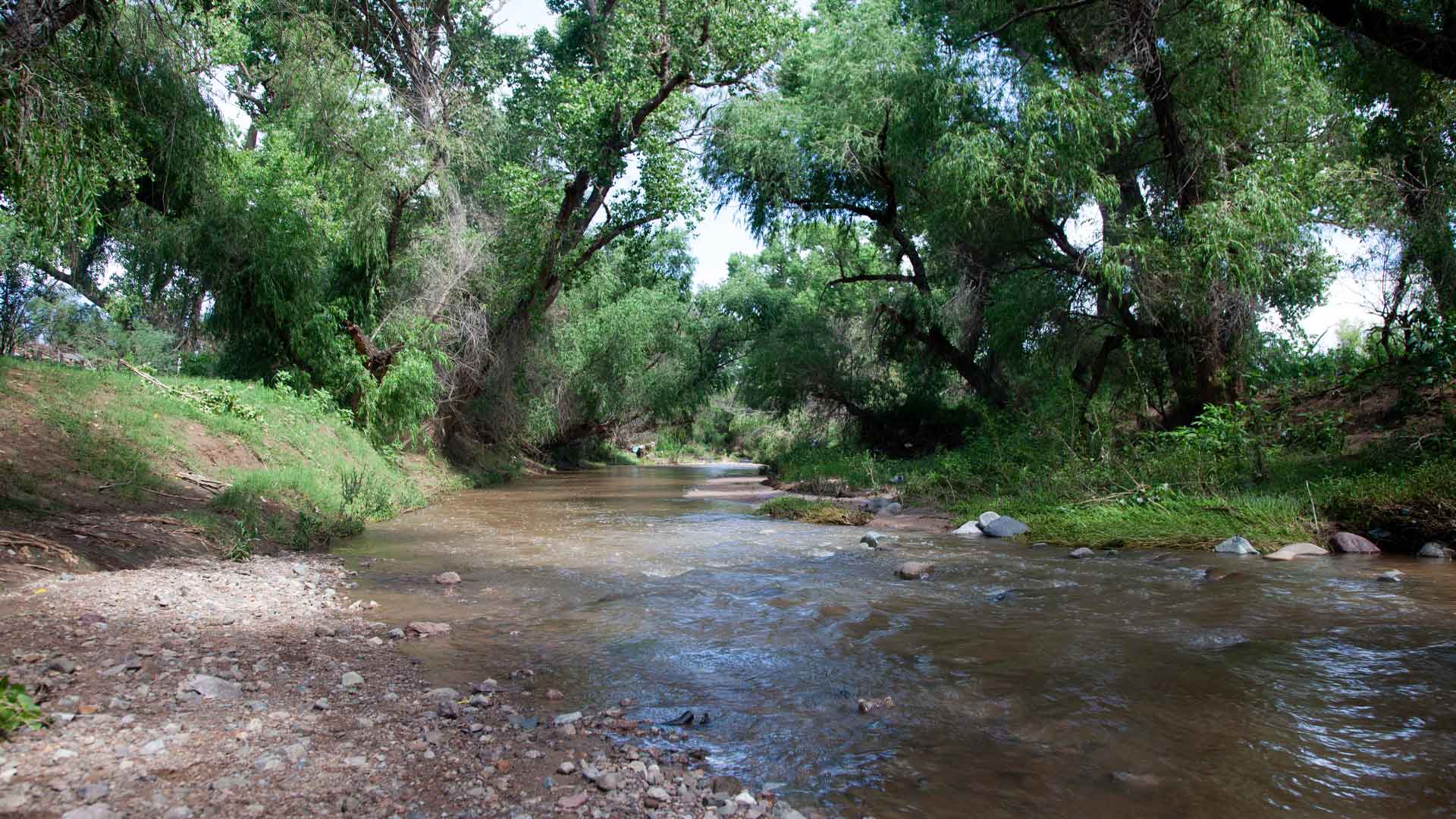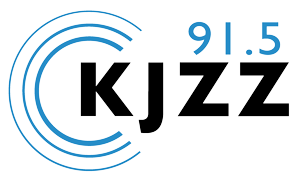 Highly treated wastewater and stormwater flows through the Santa Cruz River off of the Guy Tobin Trailhead in Rio Rico, Ariz., on Thursday, Aug. 1, 2024.
Highly treated wastewater and stormwater flows through the Santa Cruz River off of the Guy Tobin Trailhead in Rio Rico, Ariz., on Thursday, Aug. 1, 2024.
As concerns about Arizona’s water future grow, the state’s public universities and the Arizona Board of Regents (ABOR) are working to safeguard groundwater.
A Regents’ Grant is funding the Arizona Tri-University Recharge and Water Reliability Project.
Kathy Jacobs is a professor of environmental science at the University of Arizona and director of the Center for Climate Adaptation Science and Solutions. She said the Arizona Department of Water Resources asked them to find ways to capture precipitation and runoff before it evaporates to replenish the state’s aquifers.
“The reason that’s a big issue is that more than 95% of the water that falls on the ground either as snow or rain in Arizona evaporates back into the atmosphere," Jacobs said. "So if we’re able to capture even a small proportion of that, that could make a big difference, particularly in rural areas.”
Groundwater accounts for about 40% of Arizona’s water supply, but monitoring it remains complex, especially in less populated areas. Jacobs said they’re using some of the most sophisticated modeling that’s been done in the state and possibly the U.S.
“We’re using machine learning and the national water model as well as locally adjusted models that look at the entire hydrologic cycle in very small detail," Jacobs said. "So we're able to actually generate new information about the water cycle in every watershed in the state. This is not information people have had in the past."
In a press release about the project, ABOR said the initiative is a scientific foundation for water reliability as Arizona communities face prolonged drought and reduced Colorado River allocations. Landscapes are under unprecedented stress with low soil moisture, drought-stricken vegetation and heightened fire danger.


By submitting your comments, you hereby give AZPM the right to post your comments and potentially use them in any other form of media operated by this institution.